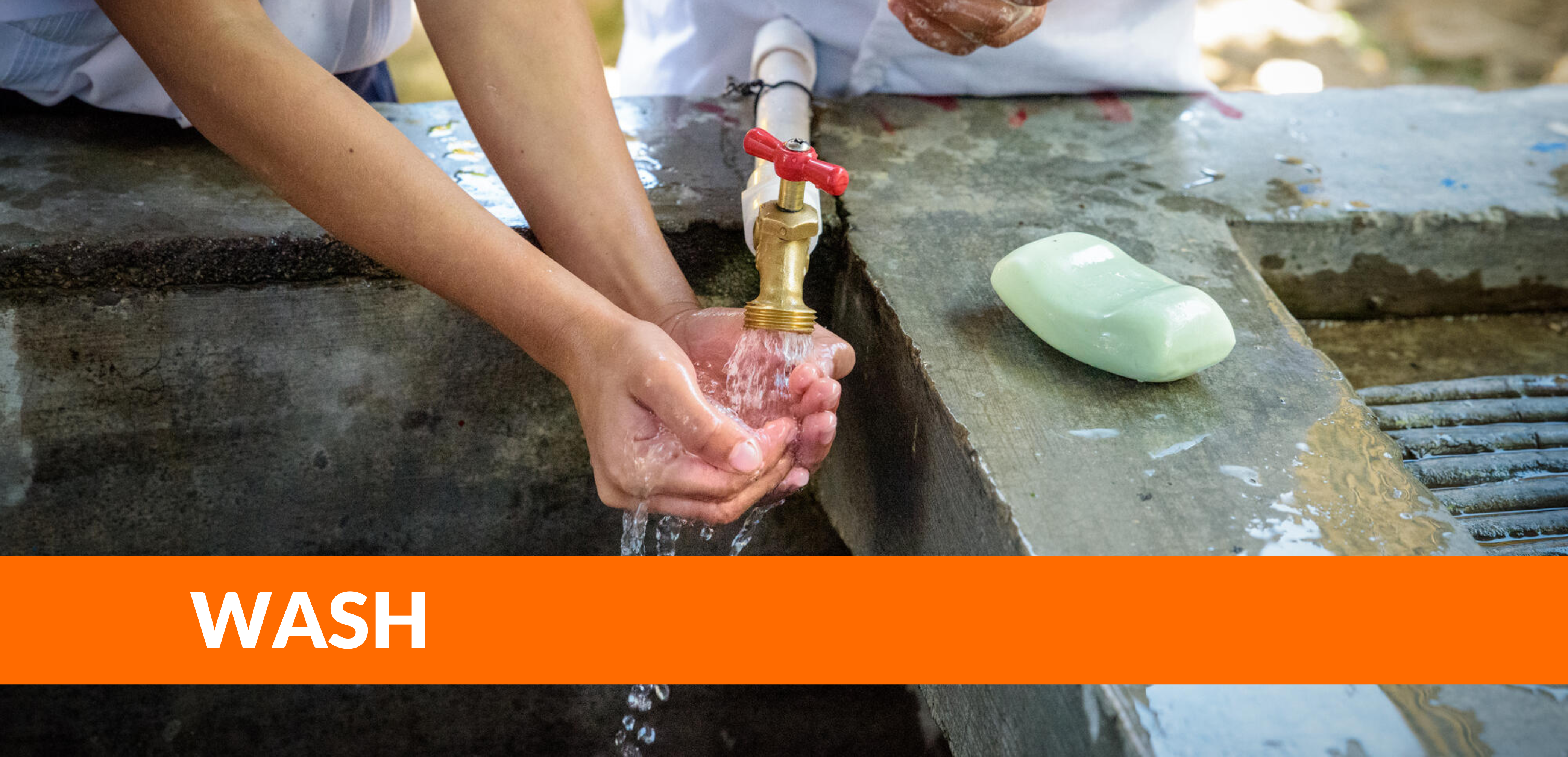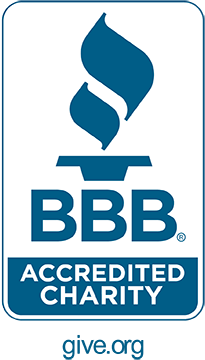In 2017, World Vision and the Water Institute at the University of North Carolina at Chapel Hill (WI) conducted an evaluation of World Vision’s water, sanitation, and hygiene (WASH) programs in 14 countries. The purpose of the evaluation was to assess the status of WASH service delivery in households, at water points, and in schools and healthcare facilities (HCFs) and the effectiveness of World Vision’s WASH programming. Data collection occurred in 2017 in Ethiopia, Ghana, Honduras, India, Kenya, Malawi, Mali, Mozambique, Niger, Rwanda, Tanzania, Uganda, Zambia, and Zimbabwe. A stratified, cluster randomized study design was used to compare World Vision area programs to representative comparison areas. Briefly, in each country 56 clusters representative of World Vision area programs and 56 clusters representative of comparison area were selected at random from all such clusters in the country. In collaboration with World Vision, the WI developed the evaluation design, methods, sampling plan, ethical review, data collection plan, data collection tools, water quality testing parameters, and data analysis plan. Survey data and water quality samples were collected from households, water points, HCFs, and schools.





